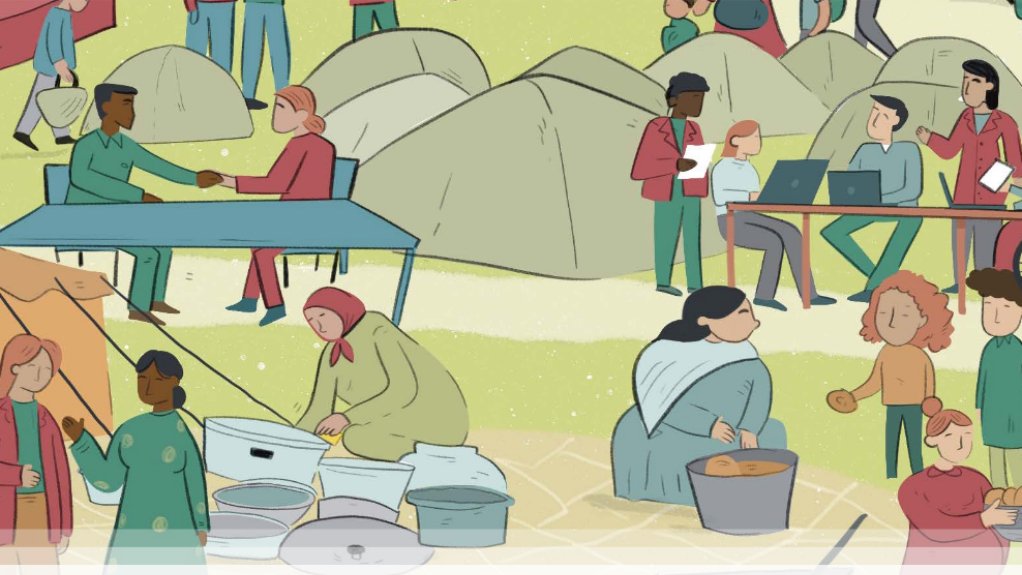- The lives and livelihoods of urban internally displaced people in Mekelle, Ethiopia0.65 MB
Internally displaced people (IDPs) in Mekelle, Ethiopia, are struggling to rebuild their lives and livelihoods against a backdrop of conflict and drought. Most are barely surviving, some are doing somewhat better, while a small minority have succeeded in getting ahead, using their agency and resilience to shape their own livelihoods. But this is a story of getting by, rather than getting ahead – and one that contrasts sharply with the livelihoods they enjoyed before displacement.
Against this backdrop, this research is framed by three critical questions for aid actors:
Should aid actors do more to support livelihoods?
Aid actors continue to prioritise short-term emergency relief in Tigray, even though livelihoods emerged as a key priority among IDPs. As displacement becomes protracted, a more sustainable response that incorporates livelihoods is now urgently required. Livelihoods are not a panacea, but they are a key part of the puzzle. And by delaying livelihoods programming, aid actors are sacrificing opportunities for building IDPs’ resilience in the interim and finding solutions in the long run.
Who should aid actors prioritise for livelihoods support?
When livelihoods programmes do occur, aid actors have by and large prioritised ‘vulnerable’ groups located at the intersection of displacement status and gender – in particular, IDPs, returnees, women with children and sexual and gender-based violence survivors. While these groups of people face significant and specific challenges, a more diverse and complex understanding of vulnerability is needed. Greater attention should be paid to informal and social support structures that have sustained many IDPs until now, but which come under pressure when decision-making about who to prioritise for support is not adequately communicated or conflict sensitive.
What kinds of approaches to livelihoods programming should aid actors support?
Most livelihoods programmes identified in Mekelle focus on specific groups of people or particular kinds of activities. Building on the need for more meaningful dialogue and participation, aid actors should build greater flexibility and choice into their programming. This requires an overhaul of the current approach in favour of more collaborative approaches across the humanitarian–development nexus. It also requires a willingness to relinquish control over the kinds of livelihoods trajectories and outcomes that aid actors want or expect from specific groups of people.
The Mekelle paper is the first in a series of studies designed to piece together the wider puzzle of livelihoods in displacement. It is followed by additional studies in Mosul, Iraq and Baidoa, Somalia, as well as a series of thematic studies focused on debt, extreme weather and unpaid care work.
Report by the Overseas Development Institute
EMAIL THIS ARTICLE SAVE THIS ARTICLE ARTICLE ENQUIRY
To subscribe email subscriptions@creamermedia.co.za or click here
To advertise email advertising@creamermedia.co.za or click here











